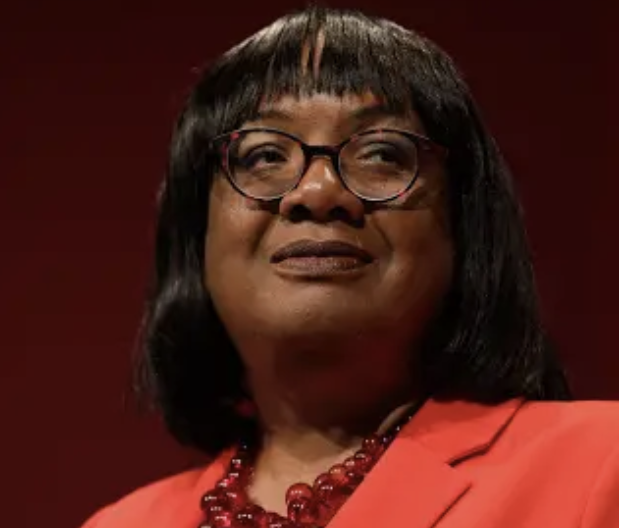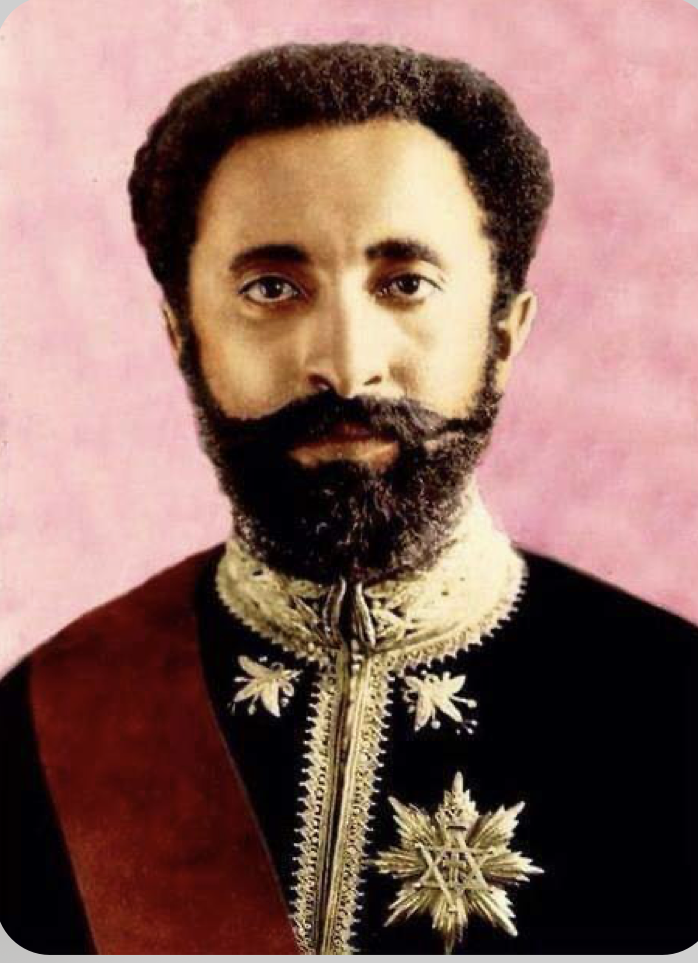The continuing rise of Black people into senior positions in mainstream political parties

One of the striking features of post-war Britain has been the changing demographics and physical appearance of many towns and cities as a result of the arrival and settlement of large numbers of Black people. Indeed, places like Birmingham, Bristol, Liverpool, and Manchester would today look and feel very different without this Black presence in almost every sphere of society.
What is also noticeable is the slow but increasing number of Black people serving in senior positions in British political parties. This was noticeable, perhaps not surprisingly, within the Labour Party in the 1980s and 1990s. In recent times, however, not only have we seen a prime minister of Indian ethnicity, but the rise to prominence of Black people in senior positions in the Conservative Party. At the time of writing this article, two of the remaining four candidates in the race to become Conservative Party leader are Black. One is Kemi Badenoch, and the other is James Cleverly.
Of course, there is no guarantee that either candidate will win the race to become leader of the Conservative Party, but their involvement at this level is a continuation of the slow but steady upward trend of Black politicians playing significant roles in senior positions. They are following in the footsteps of a few big players before them. In the general election of 1987, there were three elected MPs who were Black and a fourth member, Keith Vaz, who was of Indian descent. All four were Labour Party members. Vaz was born in Arabia and became a member of Parliament in 1987 at the age of 32. Dianne Abbot was Britain’s first Black woman MP while Paul Boateng, born in Ghana, and Lord David Pitt, born in Grenada, were the other MPs at that time. Another Black MP is David Lammy, who is currently serving as foreign secretary. Kwasi Kwarteng, a Conservative Party member, served for only a few weeks as chancellor of the exchequer in 2022 as part of the Liz Truss government.
In recent times, two prominent Black people have emerged within the Conservative Party. The first, James Cleverly, became a member of Parliament in 2015. In 2018 to 2019 he served in Theresa May’s government as Deputy Chair of the Conservative Party and later served as foreign secretary and home secretary, before his current position as shadow home secretary. The second person is Kemi Badenoch. Although relatively new on the senior political scene, becoming an MP in 2017, she has already shown signs of being a big player in British politics. In 2019 Badenoch served as Parliamentary Under Secretary of State for Children and Families under the Boris Johnson regime. However, in 2022 Badenoch resigned from government in protest at Johnson’s leadership and was one of the party members who put her name in the hat to replace him as party leader but was unsuccessful. This is, therefore, her second attempt to run for the party leadership. The fact that two of the final four candidates for the conservative race are Black (James Cleverly being the other Black contender) highlights the extent to which Black faces in the Conservative Party are no longer a peculiar sight. How this race will finish is not certain, but it would be extremely strange if one or two of these individuals do not feature in the next Shadow Cabinet of the Conservative Party. Should this happen, it will signal the continuing trend of a few Black people serving in prominent positions in political parties.
Dr. Tony Talburt is a Senior Lecturer in Black Studies at Birmingham City University in the UK.






